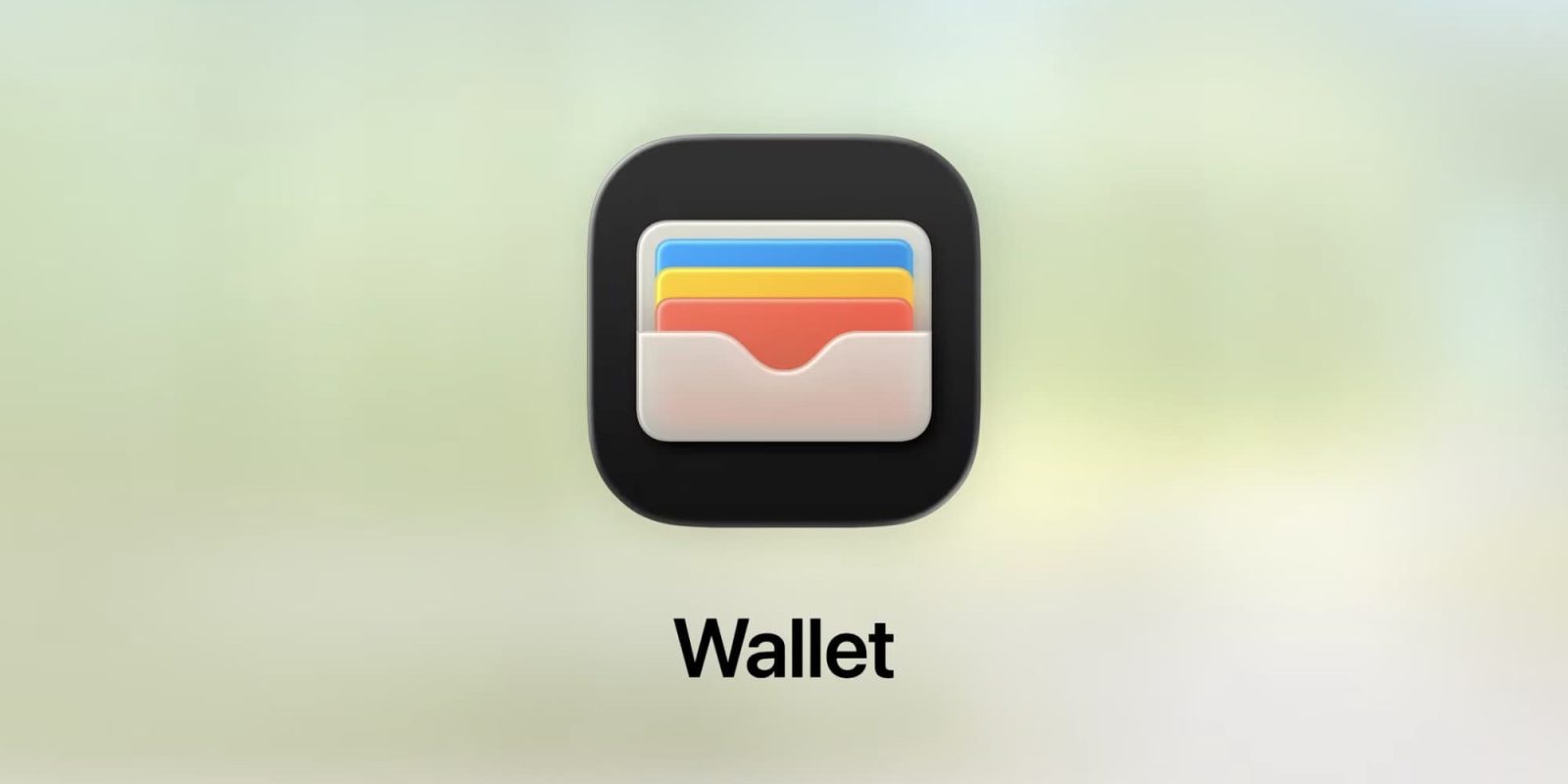In a landmark financial development, the Irish government has outlined its plans for the €14.25 billion ($16.5 billion) received from Apple, following a protracted legal battle over corporate tax arrangements. This substantial sum is earmarked for critical infrastructure projects, aiming to address longstanding deficiencies in the nation’s essential services.
Addressing Infrastructure Deficiencies
Prime Minister Micheál Martin announced that the funds will significantly bolster Ireland’s National Development Plan (NDP), which now totals €112 billion and extends through 2030. This initiative represents the largest infrastructure investment in the country’s history. The focus will be on enhancing electricity, water, housing, and transport systems to support economic growth and societal well-being.
Historically, Ireland’s infrastructure has lagged behind its economic recovery, particularly following the 2008 financial crisis that halted both public and private investments. This underinvestment has resulted in subpar systems for water, power, and housing. The Apple tax windfall presents an opportunity to rectify these issues by funding essential projects such as wastewater treatment facilities and the expansion of the electricity grid. Additionally, significant investments are planned for housing and transport networks to alleviate current pressures.
Shared Island Initiative
A portion of the funds, just under €1 billion, will be allocated to the Shared Island initiative. This cross-border development program aims to improve connectivity and cooperation between Northern Ireland and the Republic of Ireland. Projects under this initiative include the Narrow Water Bridge, which will connect County Down and County Louth, fostering economic and social ties between the regions.
Resolution of the Apple Tax Dispute
The €14.25 billion originates from the conclusion of a nine-year dispute between the European Commission and Ireland over alleged illegal state aid. The European Commission had determined that Ireland provided Apple with substantially reduced corporate tax rates, which violated EU law, despite Apple’s compliance with existing tax regulations at the time. Although the Irish government initially sided with Apple in appealing the ruling, it was ultimately required to collect the underpaid taxes. Apple deposited the full amount into an escrow account while legal proceedings continued.
Implementation and Future Outlook
The upcoming October budget is expected to provide more detailed information on specific projects under the NDP and the Shared Island fund. The government views this tax windfall as a pivotal opportunity to modernize infrastructure and alleviate pressures on the country’s strained housing and utility systems.
However, some economists have expressed concerns regarding the capacity of Ireland’s construction sector to deliver these projects promptly. Potential challenges include planning delays and labor shortages, which could impede the swift rollout of infrastructure improvements. Despite these potential obstacles, the government remains committed to utilizing the funds to drive substantial progress in the nation’s infrastructure development.



